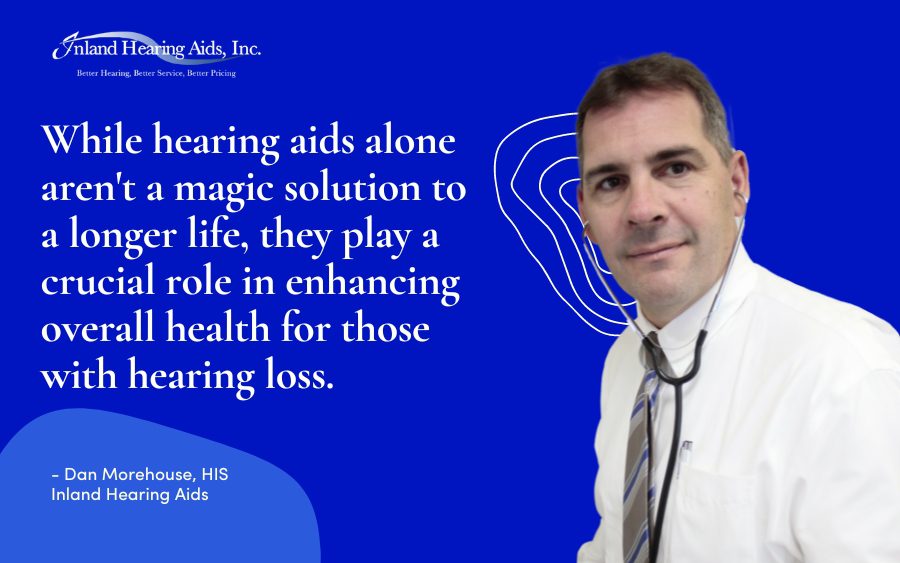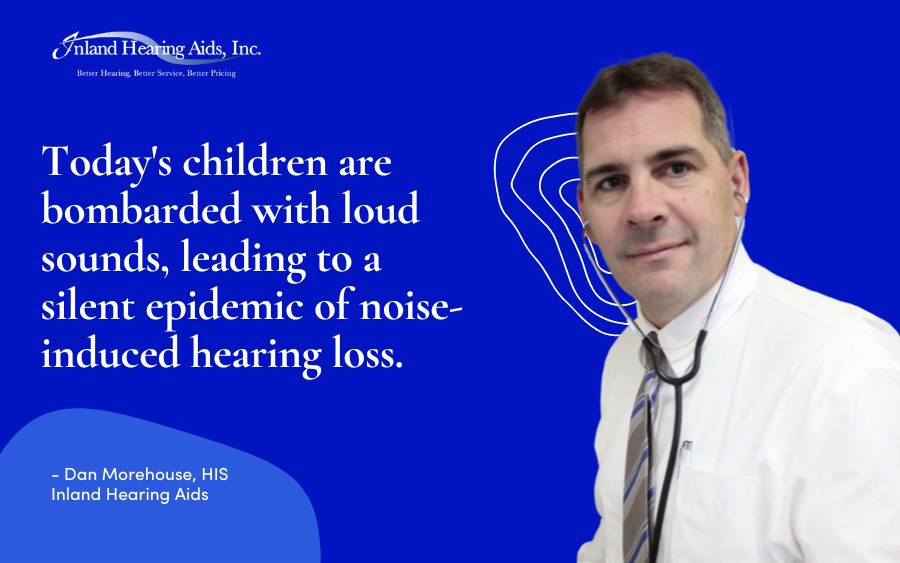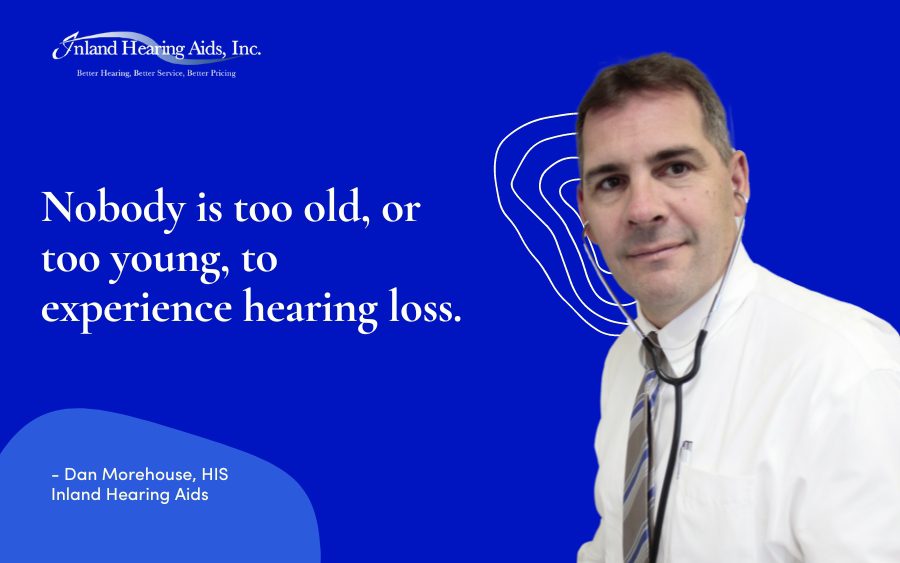Apple Officially Announces a Hearing Test and Hearing Aid Feature | What This Means
Yesterday (September 9, 2024), Apple held an online event to make a number
Now part of the Beltone Hearing Care Network, visit www.beltonesound.com for a complete listing of all locations in the US.
Knowledge is power on the road to better hearing, which is why we provide helpful resources and support beyond your office visit. On the blog, you’ll find articles covering topics such as hearing aid maintenance, hearing loss management and more.

Today, October 28, 2024, Apple released its iOS 18.1 software, which includes the long-anticipated hearing health features. This release has been a long time coming, as we have

Today, October 28, 2024, Apple released its iOS 18.1 software, which includes the long-anticipated hearing health features. This release has been a long time coming, as we have

Today, October 28, 2024, Apple released its iOS 18.1 software, which includes the long-anticipated hearing health features. This release has been a long time coming, as we have

Yesterday (September 9, 2024), Apple held an online event to make a number

In today’s fast-paced work environment, especially with the rise of

You’ve likely come across some alarming studies linking hearing loss to

Did you know that nearly 38 million people in the US experience some

When we think of hearing loss, we often picture an elderly person

If you’re reading this, you or a loved one might be experiencing hearing